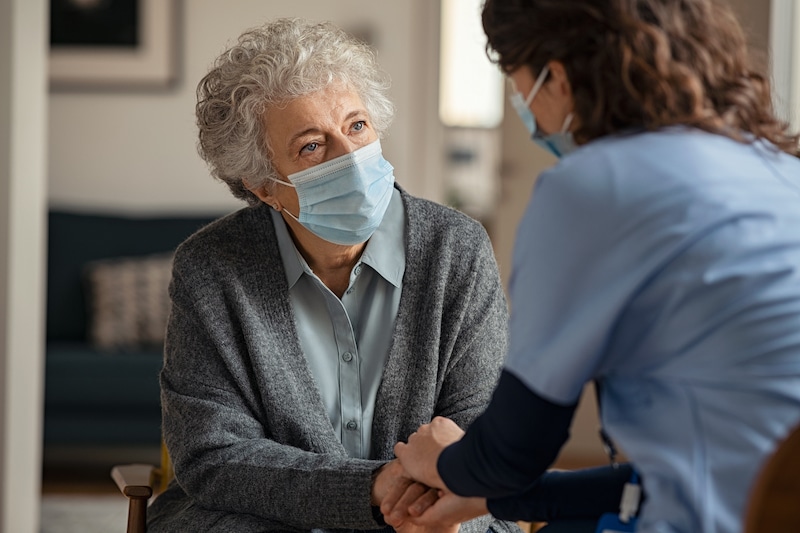COVID-19 Concerns in Nursing Homes
We are all aware that our elderly population is an at-risk age group for infection and complications from the Coronavirus. American Health Care Association President and CEO, Mark Parkinson recently stated on a CNN program, “The grim reality is that for the elderly, COVID-19 is almost a perfect killing machine.”
Hospitals around the country are now pushing stable patients to nursing homes. While Ohio is nowhere near as far down road as New York, skilled nursing facilities there are already taking in patients with COVID-19 who have improved to the point that they need post-acute care rather than a hospital stay, using guidelines issued by their state health departments and associations. The NY Department of Health has ordered that nursing homes may not deny admission on the basis of known or suspected COVID-19 exposure.
So, what is being done to protect our elderly here in Ohio and across the nation?
The Center for Medicare Services (CMS), the Centers for Disease Control (CDC) and the Ohio Department of Health have all mobilized to make sure nursing homes protect their residents.
The CDC has issued guidance for nursing homes which include:
- Restricting visitation of all visitors and non-essential health care personnel;
- Monitoring staff members for symptoms of COVID-19 and sending them home if ill;
- Alerting hospitals and/or public health authorities when transporting a patient or resident who has symptoms of COVID-19; and
- Isolating patients or residents with respiratory symptoms or fever in their rooms.
Ohio Governor, Mike DeWine, in response to CDC guidance issued an order restricting visitation in Ohio nursing homes. Exceptions are made in certain compassionate cases, like end-of-life. In those cases, visitors will be equipped with personal protective equipment (PPE) like masks, and the visit will be limited to a specific room only.
CMS has suspended non-emergency inspections of nursing homes so that they could focus on inspections for infection control and only the most serious claims of abuse or neglect. CMS federal investigators will begin conducting these targeted Infection Control surveys using a revised Infection Control protocol specifically adapted to preventing the transmission of coronavirus.
What can you do?
Understand that every skilled nursing facility is mandated to have an established infection control policy. You can ask the administrator or director of nurses for a copy of that policy so that you can make sure it is being followed and your loved one is being protected.
Recently CMS issued a voluntary self-assessment tool to facilities so that they could gauge their compliance with federal regulations on infection control. https://www.cms.gov/files/document/qso-20-20-all.pdf According to CMS Administrator Seema Verma, family members should not hesitate to ask staff directly: “what are the results of your CMS self-assessment?”
Finally, you should take whatever steps you can to stay in contact with your loved ones in a nursing home, perhaps using FaceTime, Skype or even an old-fashioned telephone call. In Cincinnati, a national philanthropic organization has teamed up with the City and United Way to deliver I-Pads to Cincinnati area nursing homes so that residents could have virtual visits with their families. Staying in contact will be good for your parent’s mental health and yours as well.
Stay safe.
Patrick T. Murphy, Esq.
[email protected]
Dworken & Bernstein Co LPA
www.dworkenlaw.com







